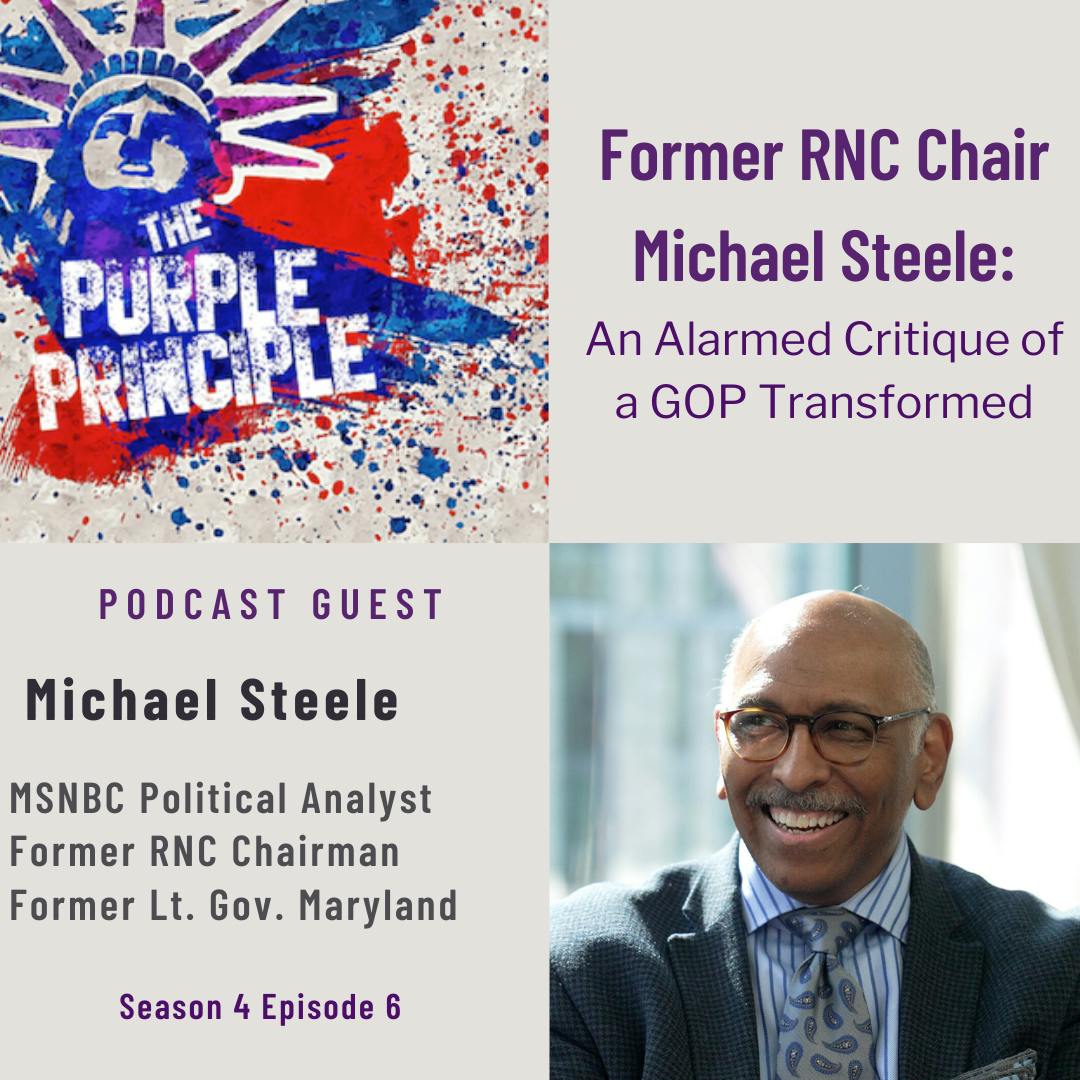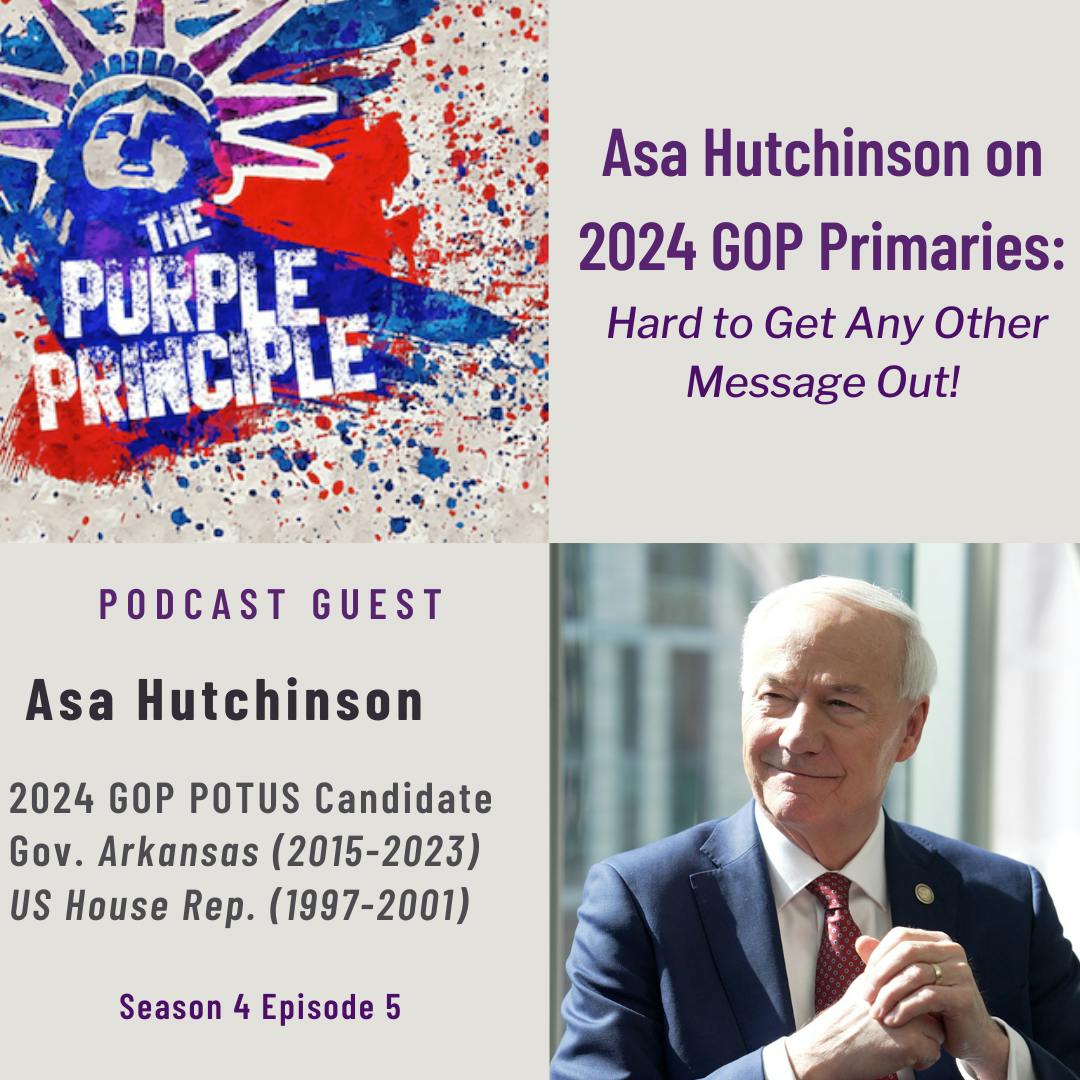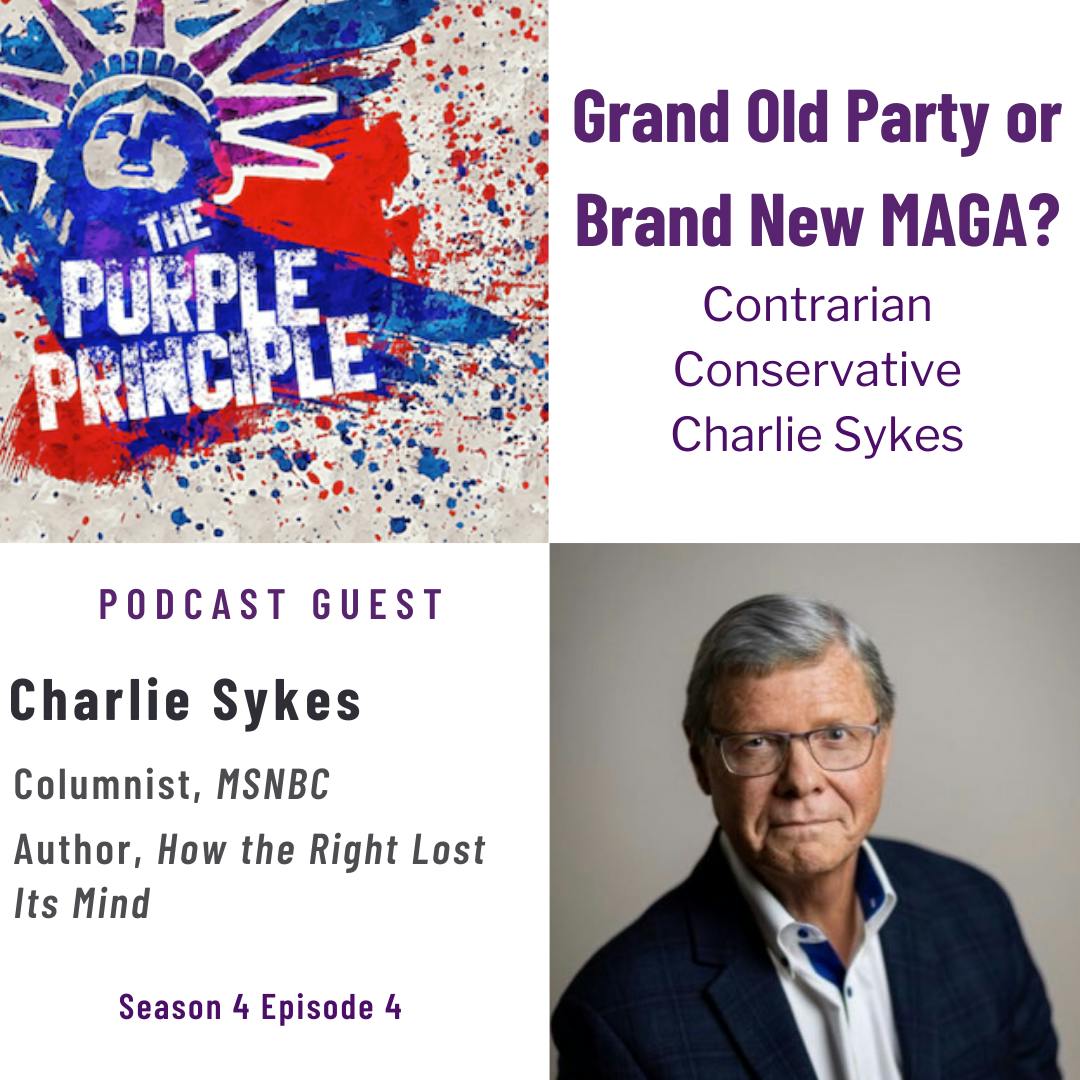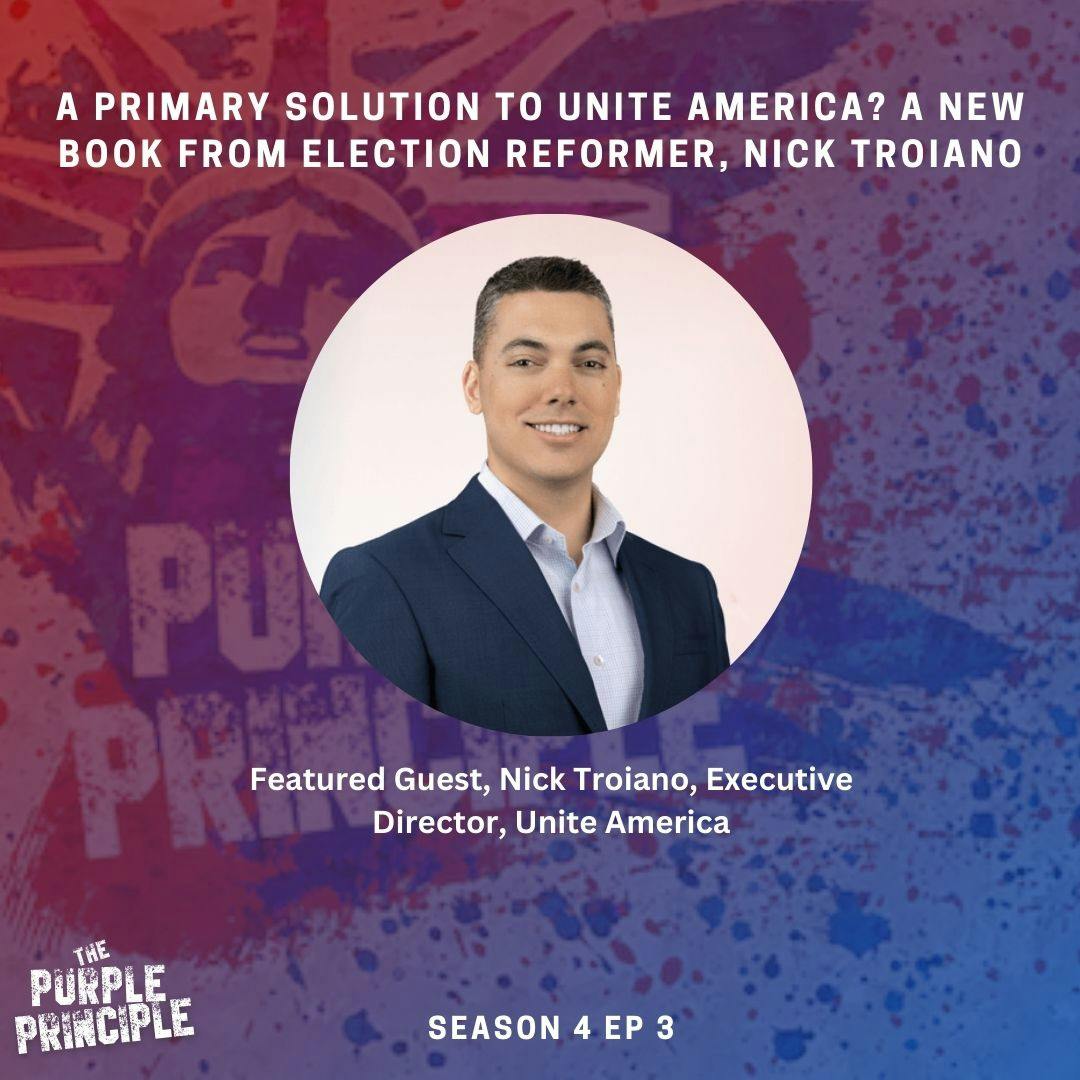When Legislatures Act Before Citizens Vote: Colorado's Top Four Election Reform
Description
Election reform is officially on the ballot for voter approval in Colorado this year. This “Top Four” voting system is similar to the Alaska model of a unified open primary plus ranked choice general election. But there is a catch to this Colorado ballot measure, and it came via the state legislature in the final moments of the 2024 session.
“Well, the last couple of days of the legislative session are very hectic,” says Jeni Arndt, a three term Democratic House Member in Colorado before her election as non-partisan Mayor of Fort Collins. “And you don't know every amendment that you're voting on in the last few days. But this was clearly an orchestrated effort to put in a poison pill.”
The amendment in question requires at least 12 Colorado municipalities to pass and implement ranked choice voting elections before the state can do so. Thus it could delay citizen-will on this issue until at least 2028, even if voters overwhelmingly pass the initiative in November.
“When our legislature waits and passes a law with very little debate that no one basically really knew that that was in the bill,” says Republican State Senator Barbara Kirkmeyer, “that's wrong.”
Senator Kirkmeyer has not yet taken a position on the Top Four voting in Colorado. Both nationally and in Colorado her party has come out against any form of ranked choice voting. By contrast, Democratic opposition or concern around election reform has been more nuanced.
“I think the folks who brought the amendment, I've worked closely with them on lots of different things,” says Democratic Senator Chris Hansen, a former House Member and former candidate for Mayor in Denver. “I think they were trying to make sure there was not an implementation issue with ranked choice if that moves forward in November.”
Executive Director of Denver-based Unite America, Nick Troiano, is not so sure. He sees similar motivations behind both GOP and Democratic tactics in preventing or delaying these increasingly popular reform measures.
“The fact that they went out of their way in a midnight effort to try and undermine the people's will not only demonstrates the potential impact of this reform,” says Troiano, author of The Primary Solution. “But it also demonstrates the problem that we're trying to solve, which is politicians are largely in it for their self-interest.”
Was this Colorado amendment a self-interested poison pill or an effort to make RCV elections go smoothly once implemented? Tune in for three viewpoints on this question and make up your own independent mind.
And stay tuned for more upcoming episodes on the various ways party and legislative leaders in multiple states begin pushing back on nonpartisan election reform momentum in 2024, a potentially historic year for depolarizing ballot initiatives. It’s all part of our season long series on state and district level reform from Washington DC to Alaska with a record number of states in between, including Idaho, Nevada, South Dakota, Arizona, Oregon and now Colorado.
The Purple Principle is a Fluent Knowledge production. Original music by Ryan Adair Rooney.
























